Consumer trust is essential for any retail business, but over the past decade, some of the biggest names in the industry have struggled to maintain their reputation. Whether due to poor customer service, controversial business decisions, or declining product quality, these once-beloved brands have faced backlash from shoppers. Here are 12 retail chains that have lost consumer trust in the last ten years.
1. Sears
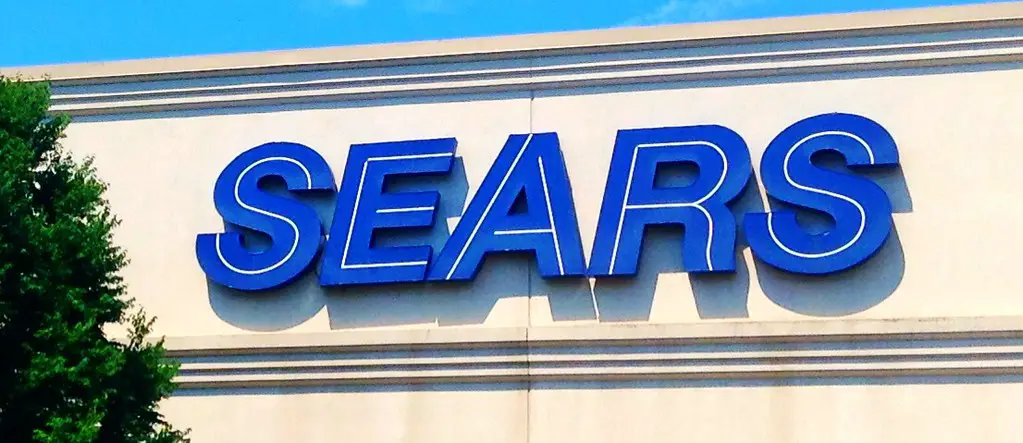
Sears was once an American retail powerhouse, but years of financial mismanagement, store closures, and declining product quality have led to a massive loss of consumer trust. Many longtime customers became frustrated as once-reliable appliances and tools, like those from the Kenmore and Craftsman brands, saw a decline in durability and availability.
Additionally, Sears’ bankruptcy filings and constant waves of store closures left shoppers uncertain about the company’s future. Many customers who relied on the brand for home goods and apparel were left without nearby locations, further damaging the retailer’s reputation.
2. JCPenney
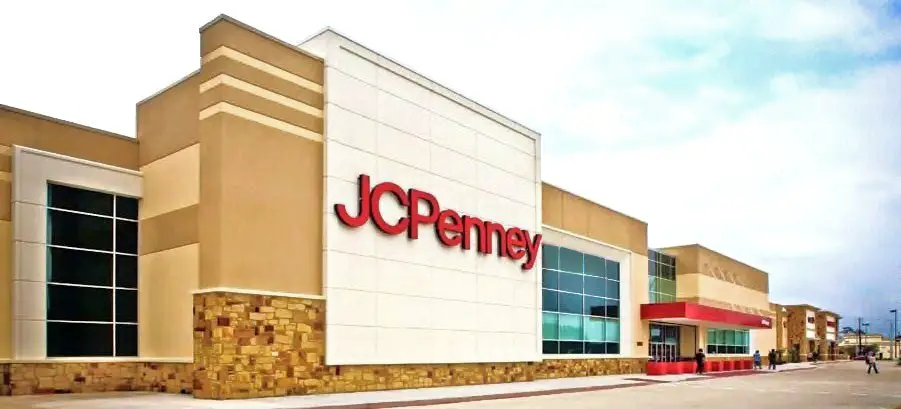
JCPenney has suffered from inconsistent leadership, questionable rebranding efforts, and an inability to keep up with retail trends. A disastrous pricing strategy in the early 2010s alienated loyal customers who were used to frequent discounts, and the store never fully recovered.
Although the company attempted to win back shoppers with promotions and store redesigns, the rise of e-commerce and declining mall traffic further eroded trust. Frequent clearance sales and financial instability left customers wondering if the retailer would survive long-term.
3. Victoria’s Secret
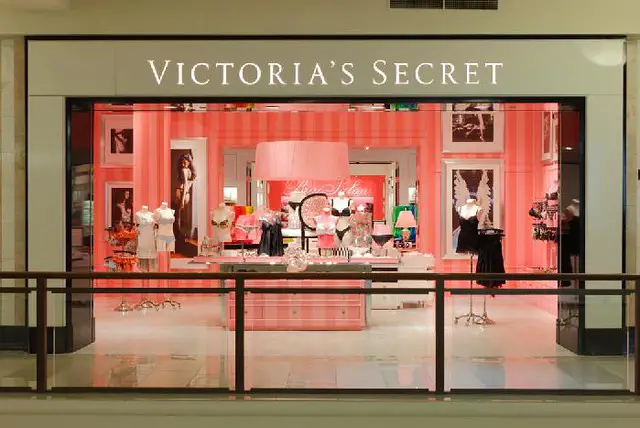
Victoria’s Secret dominated the lingerie market for decades, but changing consumer preferences and brand controversies have severely damaged its reputation. Many shoppers criticized the company for its outdated marketing tactics and lack of inclusivity in sizing and representation.
In addition, reports of toxic workplace culture and a decline in product quality pushed consumers toward competitors offering more comfortable and body-positive alternatives. While Victoria’s Secret has made efforts to rebrand, many customers remain skeptical.
4. Macy’s
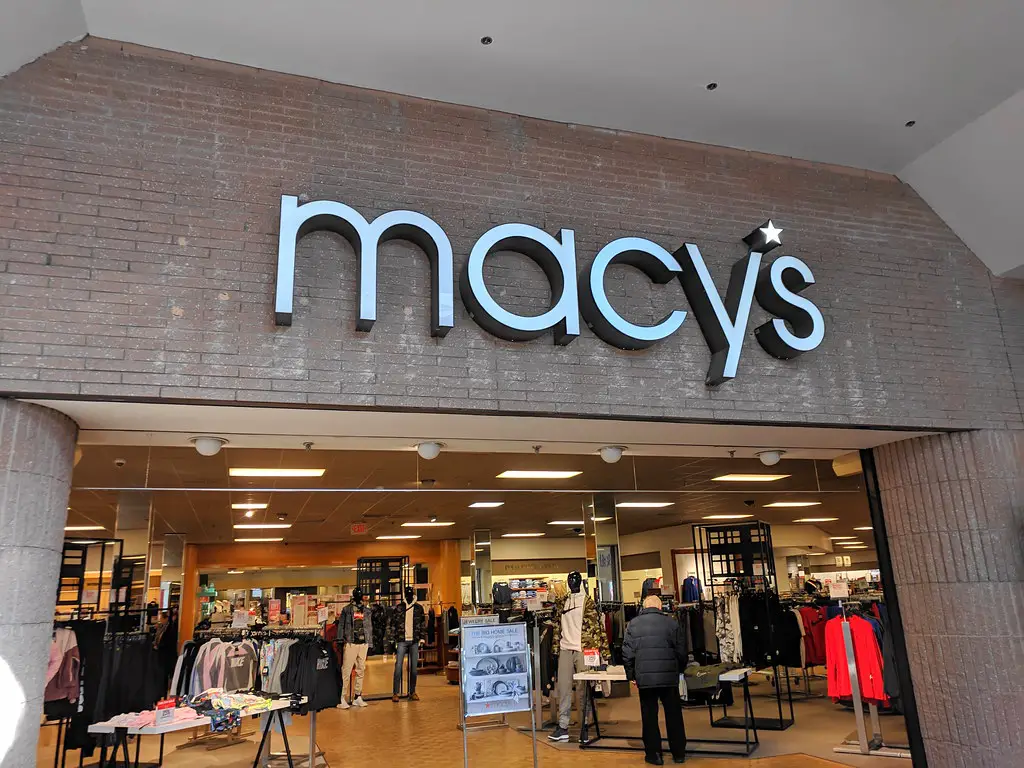
Once a beloved department store known for its holiday traditions and massive selection, Macy’s has struggled to maintain consumer trust. Many shoppers have noticed a decline in customer service and an increase in disorganized, understaffed stores that make the shopping experience frustrating.
Macy’s also faced backlash for its inconsistent pricing strategies, with frequent sales making regular prices seem inflated. As competition from online retailers grew, customers found fewer reasons to shop at Macy’s, further damaging its reputation.
5. Bed Bath & Beyond

Bed Bath & Beyond was once the go-to store for home goods, but in recent years, the retailer has lost consumer confidence. One of its biggest missteps was replacing popular name-brand products with lower-quality private-label items, which frustrated longtime customers.
Financial struggles and rapid store closures have further eroded trust, leaving many shoppers hesitant to rely on the brand for their home essentials. Even with recent attempts to restructure, Bed Bath & Beyond’s future remains uncertain in the eyes of many consumers.
6. Dollar Tree
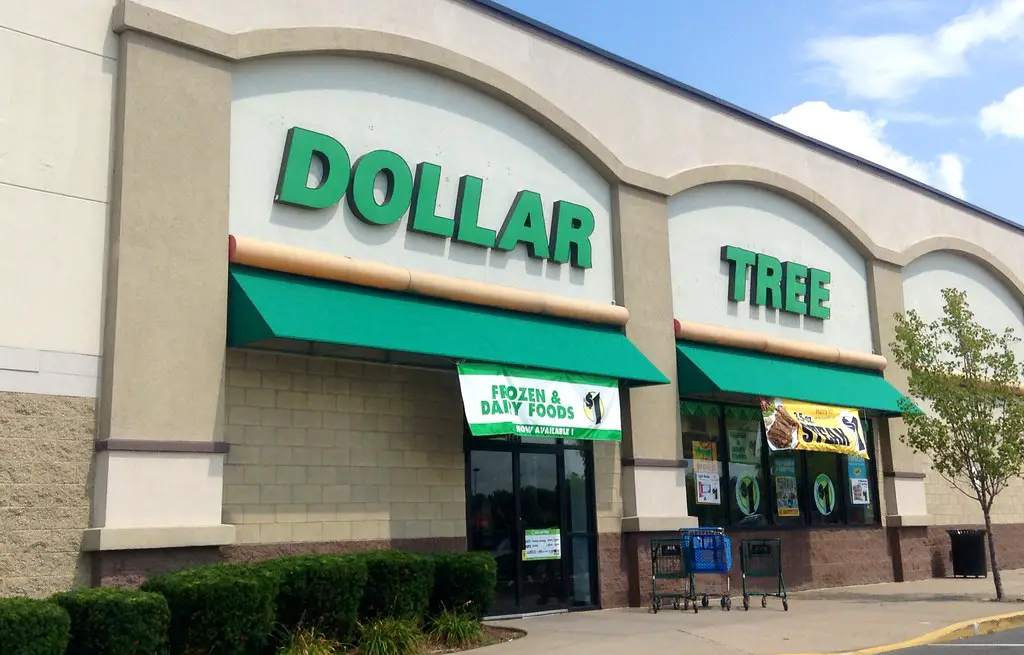
Dollar Tree built its reputation on affordability, but recent changes have upset customers who relied on the retailer for budget-friendly shopping. The biggest controversy came when the chain increased its prices beyond the signature $1 mark, leading to frustration among loyal shoppers.
Additionally, concerns over product quality, cluttered store layouts, and inconsistent stock availability have further damaged the brand’s reputation. Many consumers feel that the chain has strayed from its original mission, leading them to seek alternative discount retailers.
7. Walgreens
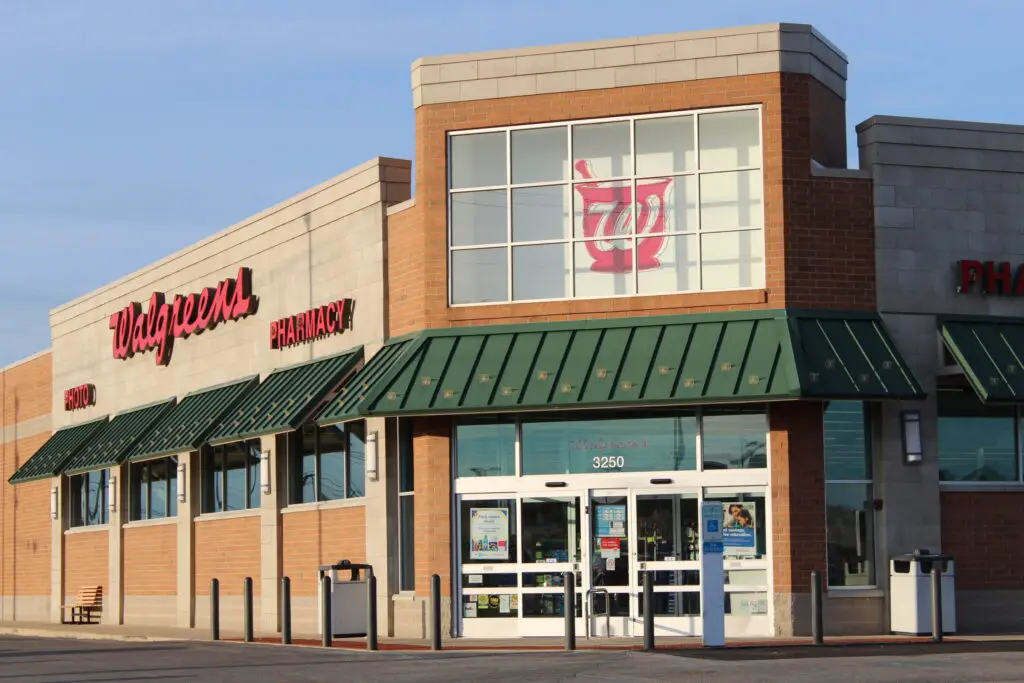
Walgreens has faced significant criticism in recent years for declining customer service and pharmacy-related issues. Many customers have reported long wait times, understaffed locations, and prescription errors, leading to frustration and distrust.
Additionally, store closures in certain communities have left some consumers feeling abandoned, particularly in areas where Walgreens was a primary pharmacy provider. As healthcare and convenience store competition increases, Walgreens has struggled to regain the trust of its shoppers.
8. GameStop
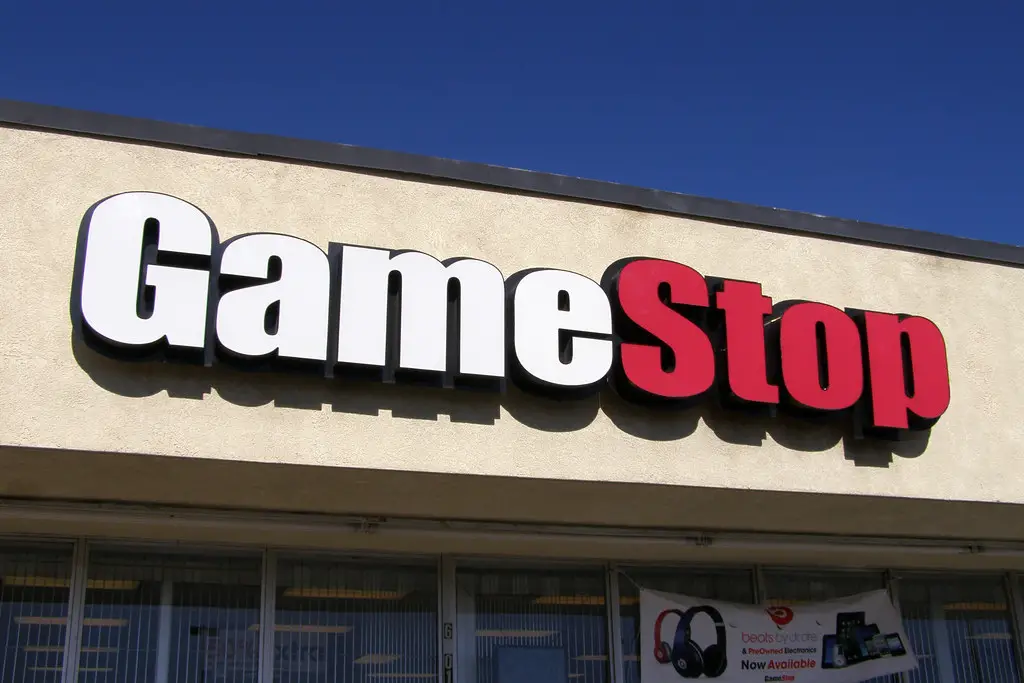
GameStop was once the go-to retailer for video game enthusiasts, but its reputation has taken a hit due to aggressive sales tactics and poor trade-in values. Many customers have complained about pushy employees who are required to upsell memberships and warranties, making the shopping experience unpleasant.
Additionally, the rise of digital gaming and online marketplaces has made GameStop’s physical stores less relevant. While the retailer has tried to reinvent itself, consumer trust remains shaky due to past experiences and inconsistent store policies.
9. Forever 21
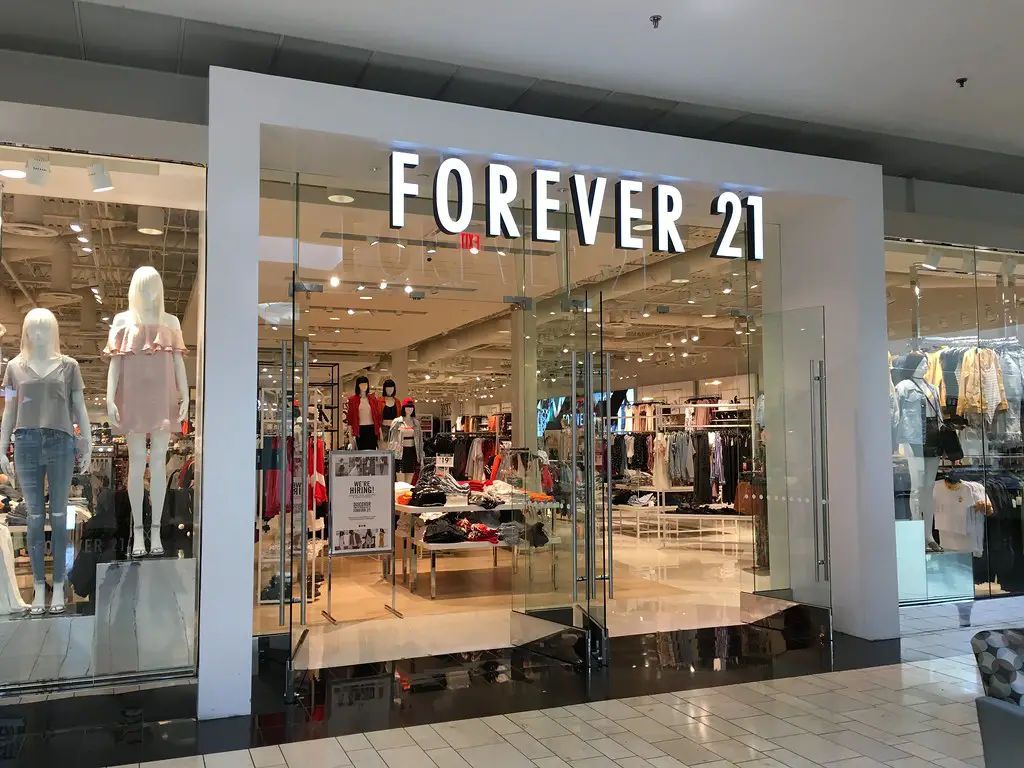
Forever 21 was once a favorite among budget-conscious fashion shoppers, but its reputation has suffered due to poor-quality clothing and ethical concerns. Many customers found that the retailer’s fast fashion pieces were cheaply made, leading to dissatisfaction with their purchases.
Additionally, the brand has faced backlash over labor practices and environmental concerns related to its manufacturing process. Bankruptcy filings and store closures only further damaged its reputation, making many shoppers hesitant to trust the brand again.
10. CVS

Like Walgreens, CVS has faced mounting criticism over pharmacy service issues and customer dissatisfaction. Many shoppers have experienced long wait times, medication shortages, and difficulty reaching pharmacists for assistance.
Additionally, CVS has been closing stores in certain areas, leaving some communities without convenient access to their prescriptions and essentials. The combination of these factors has led to declining trust among customers who once relied on the retailer for their healthcare needs.
11. Old Navy

Old Navy was once a reliable option for affordable and stylish clothing, but recent years have seen a decline in both product quality and sizing consistency. Many shoppers have reported frustration with the brand’s unpredictable fits and materials that don’t hold up after a few washes.
Additionally, Old Navy’s frequent sales and pricing strategies have led to confusion among customers. With growing competition from other budget-friendly fashion brands, Old Navy has struggled to maintain its once-loyal customer base.
12. Best Buy
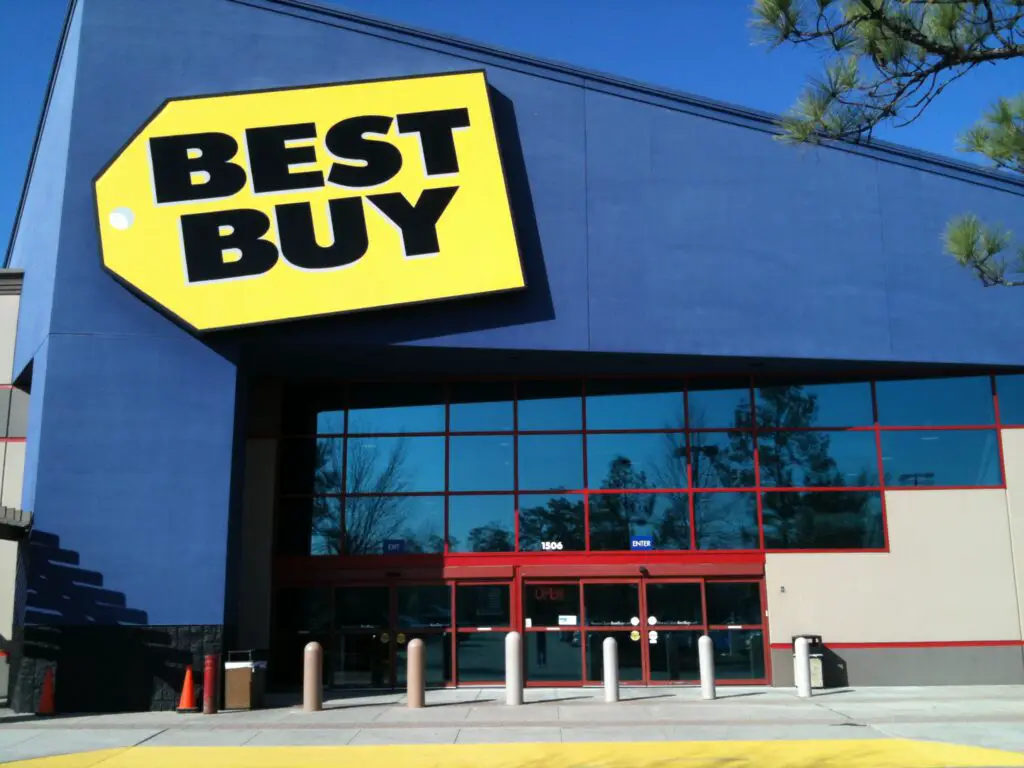
Best Buy has faced criticism in recent years for declining in-store service and inconsistent pricing. Many shoppers have noted that the retailer’s customer service has become less helpful, with fewer knowledgeable employees available to assist with tech-related purchases.
Additionally, price-matching policies and frequent upselling tactics have left some customers frustrated. While Best Buy remains a major player in electronics retail, trust issues have driven some consumers to prefer online alternatives like Amazon or direct purchases from manufacturers.
